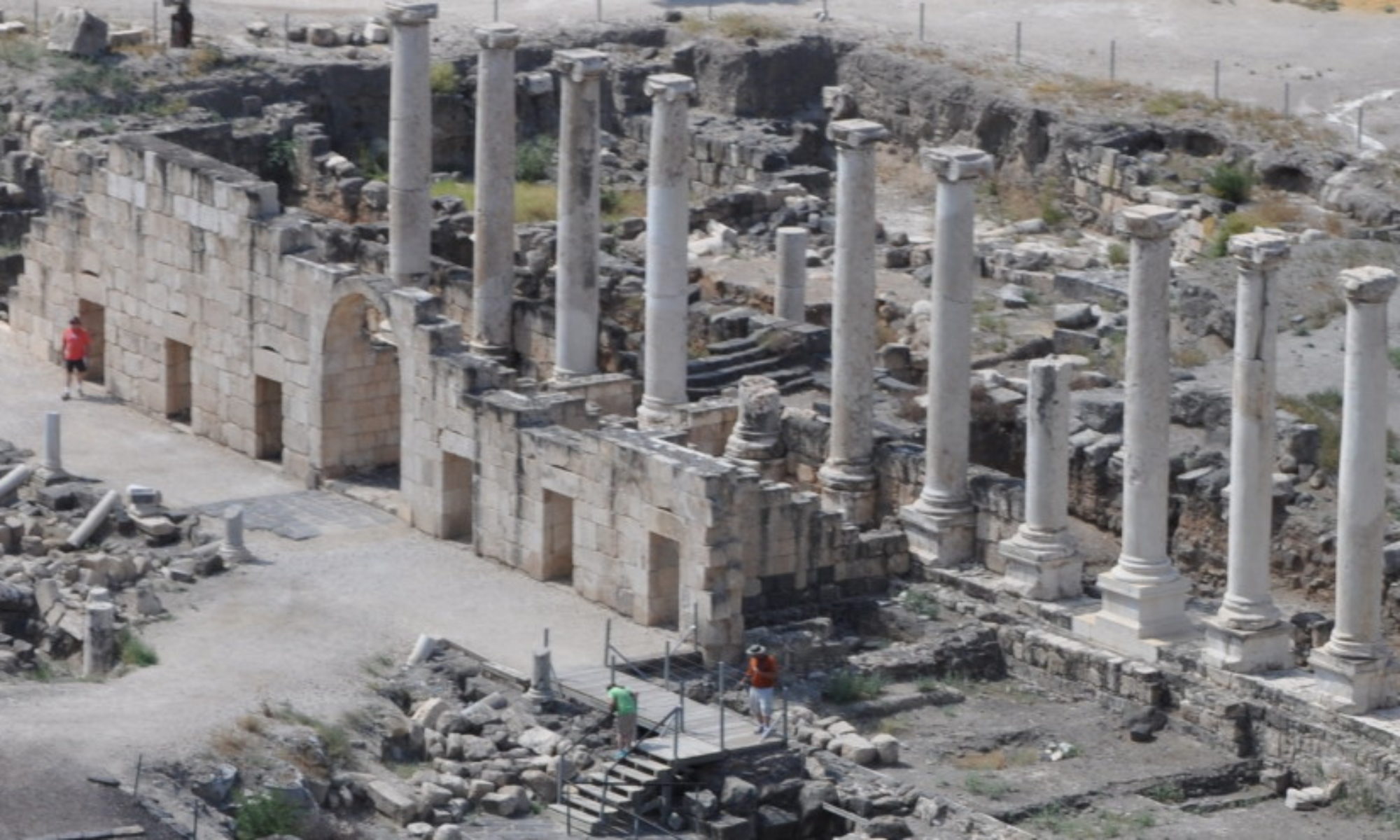Word Studies
Introduction
Every Bible scholar, teacher, and expositor will find himself explaining the words in the Scriptures. When we teach the people of God from the word of God, we must explain what they hear so they will understand what God has said in His word.
We face several obstacles.
- Most people in the Church do not know the history of the Scriptures. The events of the Scriptures occurred in a historical context. We cannot consistently apply our 21st-century beliefs, biases, and presuppositions to people who lived millennia ago. We can, however, realize God has not changed His mind about issues over the millennia.
- Few teachers and preachers in the Church understand the biblical languages and must therefore rely on English translations.
- Many teachers and preachers have never learned the necessity of word studies, much less the techniques to construct them.
The necessity of historical study and application is beyond the scope of this lesson. Instead, I want to focus on the basic techniques of word studies.
Tools
The first lesson of teaching/preaching applies to any career you’ll undertake:
A craftsman will never accomplish his best without the proper tools. Never skimp on your tools.
For the teacher/preacher, you’ll need the following tools to compose word studies.
- A good Bible study program for your computer. A good Bible program will replace a concordance and dictionary. If you use OS X or Windows, I strongly recommend you use Accordance. Yes, it’s expensive. Revisit the first lesson.
- A good Bible dictionary. Note that a dictionary will define a word for you, but it will not supply you the context.
- A good concordance. The concordance will tell you where a word occurs in Scripture, but it will not define the word.
- If you don’t know the original Bible languages (Hebrew, Aramaic, and Koine Greek at least), you’ll need at least 3 Bibles:
- A word-for-word translation (e.g. NASB, KJV, or ESV). These translations attempt to tell you exactly what the manuscripts say, but these translations will often prove difficult to read. Hebrew and Greek both use different sentence constructions (e.g. placement of subjects and verbs) than English.
- A dynamic equivalence translation (e.g. NIV). These translations attempt to give you the “gist” of the passage more than an exact translation.
- I also think you can safely use a “paraphrase” translation, such as The Message or Good News Bible, to help you better explain the passage to modern readers.
- If you know the original languages, you probably already have the best dictionaries (BDB for Hebrew, Bauer for Greek).
Methods
Use the following method to compose your word study.
- First, use your concordance or Bible program to find every occurrence of the word in Scripture.
- Visit every occurrence and determine the context of the word’s usage. The context will include the word’s usage in the sentence (i.e. verb tense, case, etc.).
- Hebrew relies strongly on the verbs. Almost every noun, adjective, and adverb in Hebrew has a verbal root. You must research this root to determine the word’s correct definition and meaning. You must also acquaint yourself with the various forms of Hebrew verbs, because a verb may have one meaning in one form and another meaning in another form.
- Since most of the New Testament writers (especially St. Paul) were Jewish, you must remember rule 1. St. Paul especially relies heavily on his knowledge of the Old Testament. You can safely assume, most of the time, that St. Paul’s usage of a verb will occur in an Old Testament context.
- Examine the context of the passage. Biblical authors will use words differently in prose than in poetry, and much of Scripture is written in poetry.
- Consider the historical context of the book you’re examining specifically. The Hebrew Old Testament was written over a period of at least 1,000 years: Moses wrote the Pentateuch (yes, I believe this) in c. 1400’s B.C.; Malachi wrote his book in c. 450 B.C. The New Testament books all were written within a few decades of each other (c. A.D. 50 to A.D. 96 or so), so you won’t have to worry about this considerable time frame.
- Assemble your facts. You should now have a good idea of how biblical authors used the word and what they’re implying when they use it.
You can now teach your students how to appreciate the word and its application to their lives.
I’ve included a sample word study of the Hebrew word yadah, “to confess.”
You can find other word studies at Dr. Allen Ross’ site, www.christianleadershipcenter.org.
